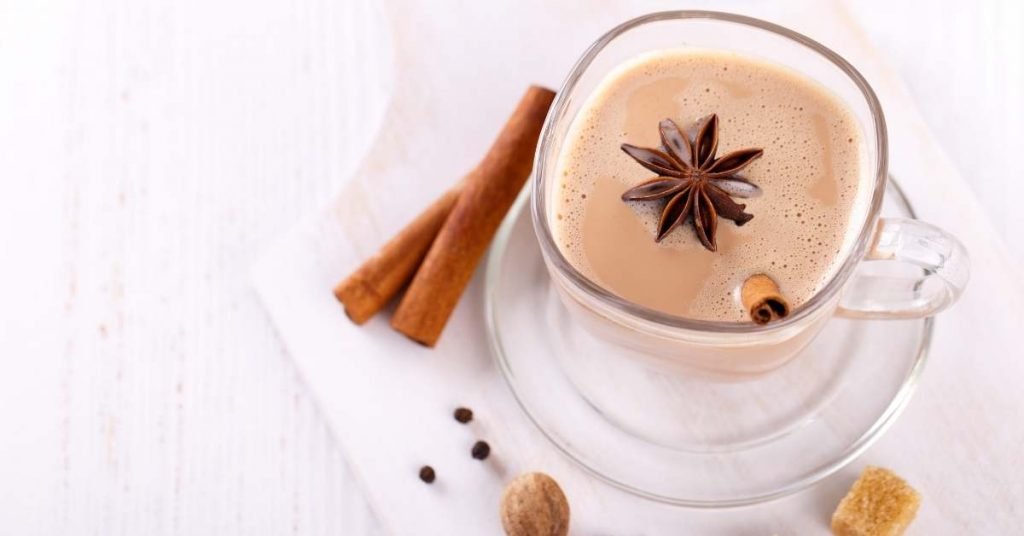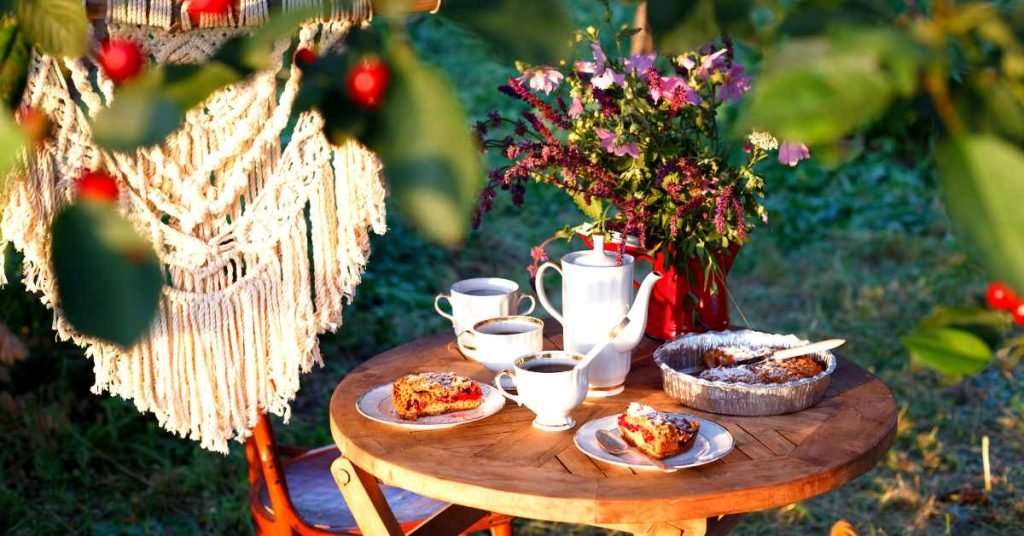Yemen consumes 0.7 lb of tea per capita per year.
The most favorite tea in the country is Black tea, spiced up with cardamom and cinnamon.
Shai Adeni is the local name for Yemeni preferred non-alcoholic beverage, meaning: Shai (tea) and Aden (a city in Yemen).
History of Tea in Yemen
Black tea arrived in Yemen around the 19th century, just like in the other Arab countries.
It didn’t take a long time before the locals replaced black coffee with the new favorite caffeine-rich infusion such as Black tea.
Its popularity grew through the centuries and today Yemeni tea is one of the most iconic trademarks of the nation.
Tea Culture in Yemen
The tea culture in Yemen is simply part of everyday life rather than being a one-time ritual.
Adults in Yemen drink 3-5 cups of tea per day.
Tea in Yemen is served in glass shot-type, tulip-shaped glasses.
As we mentioned, the base of Yemeni tea is plain Black tea, infused with cardamom, cinnamon, and sometimes cloves.
Condensed or evaporated milk is also added to this delicious infusion, while sugar is optional although most of the locals like their tea sweetened.
Shai Adeni is prepared by simmering the spices in condensed milk until they release their flavors and then the tea leaves are added to the mix. Green cardamom pods are highly recommended for this tea recipe.
Tea can be found anywhere from tea houses to stands on the side of the road. Each visitor is offered a cup of warm Shai Adeni and it’s impolite to reject the hosts.
Shai Adeni boasts sweet, earthy, and creamy flavor and people just can’t get enough of it.
MEDICAL DISCLAIMER
Itsnevernotteatime.com cannot and does not contain medical/health advice. The medical/health information is provided for general and educational purposes only and is not a substitute for professional advice.




